Microsoft Security EVP Charlie Bell wants to build a quantum safe future
3 min. read
Published on
Read our disclosure page to find out how can you help Windows Report sustain the editorial team. Read more
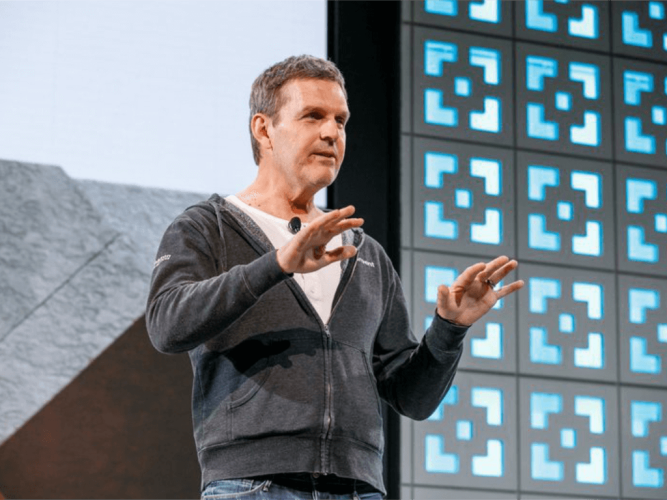
Microsoft Security EVP Charlie Bell is taking a proactive stance on cybersecurity by aiming to build a quantum safe future. With the rapid advancements in technology, security concerns have become increasingly prominent, and Bell recognizes the need to address potential threats posed by quantum computing.
Microsoft has been involved in the quantum field for over two decades, positioning the company to understand the risks associated with this emerging technology. By investing significantly in quantum computing, Microsoft is well-equipped to comprehend the challenges and develop effective strategies to mitigate them.
One of the primary concerns in a quantum computing era is the impact on encryption systems. Current security measures heavily rely on public-key cryptography, which could be vulnerable to quantum computers. Complex mathematical problems that are difficult for classical computers to solve can become considerably easier for quantum machines using algorithms like Shor’s algorithm. This poses a threat to widely used encryption methods such as the RSA algorithm.
To address this potential disruption, Microsoft is investing in research and development to create quantum-safe approaches. The company recognizes the need for algorithm agility, resiliency, and flexibility to ensure the security of cryptographic systems in the face of quantum computing.
While the advent of scaled quantum machines capable of running Shor’s algorithm is still some distance away, Bell emphasizes the importance of immediate action to prepare for future risks. Organizations need to begin the process of becoming quantum-safe, as it will require significant effort and coordination across supply chains and ecosystems.
Microsoft plans to deliver its quantum machine as a cloud service through Azure, implementing technical and operational controls to prevent misuse. However, it is crucial to consider the broader quantum landscape, as not all quantum machines will be protected in the same way. Immediate risks, such as the vulnerability of un-updatable IoT devices and potential “Harvest Now, Decrypt Later” scenarios, demand attention and preparation.
Bell draws a parallel to the Y2K challenge, highlighting the need for a massive industry-wide effort to overcome the potential vulnerabilities posed by quantum computers. Cryptographic systems are widespread and interconnected, making it essential to update and prepare them for a quantum-safe future.
Microsoft is committed to being a trusted partner in this process, leveraging its expertise in both hardware and software development. The company aims to provide practical cryptographic solutions, deepen knowledge of quantum-safe algorithms, and develop a roadmap to address gaps and prioritize critical areas.
The time to act is now. Organizations are encouraged to create inventories of critical data and cryptography technologies, assess their vulnerabilities, and develop transition strategies. Microsoft is already assisting customers and partners in risk-sensitive industries, providing resources and support on their journey to becoming quantum-safe.
As quantum technology continues to advance, Microsoft remains dedicated to the security of its products and customers. Through collaboration and proactive measures, we can embrace the quantum future while ensuring a safe and secure digital ecosystem.
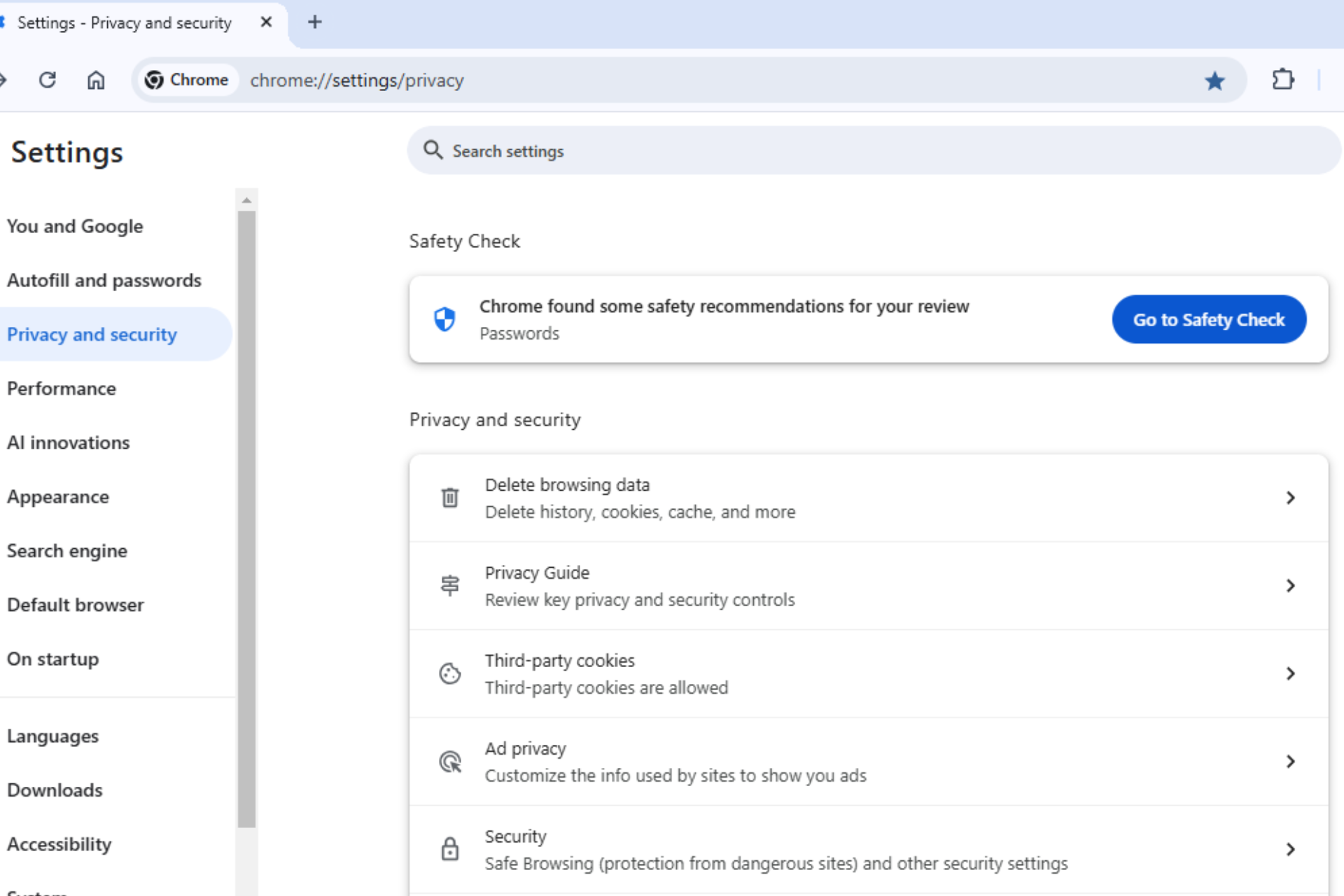
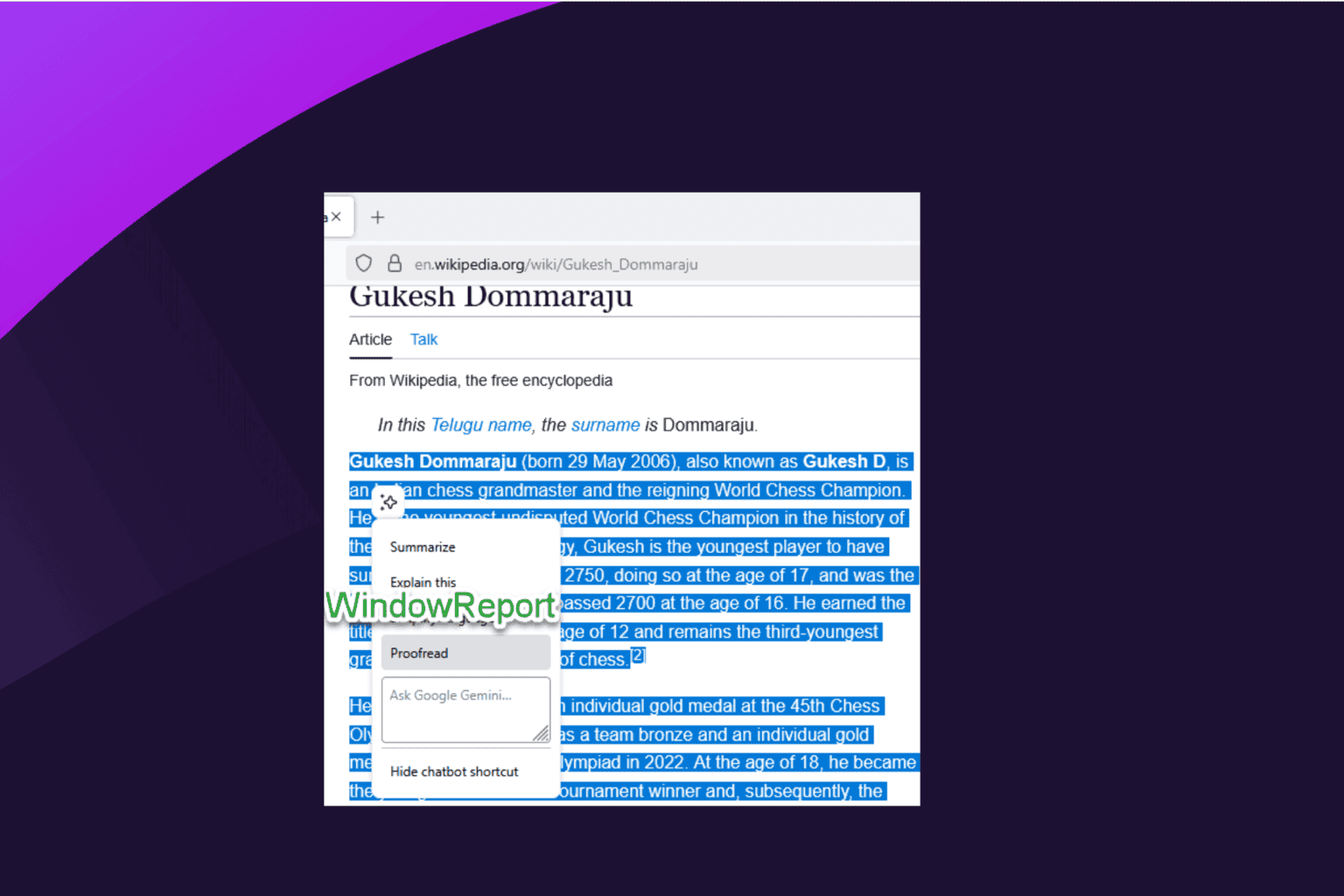
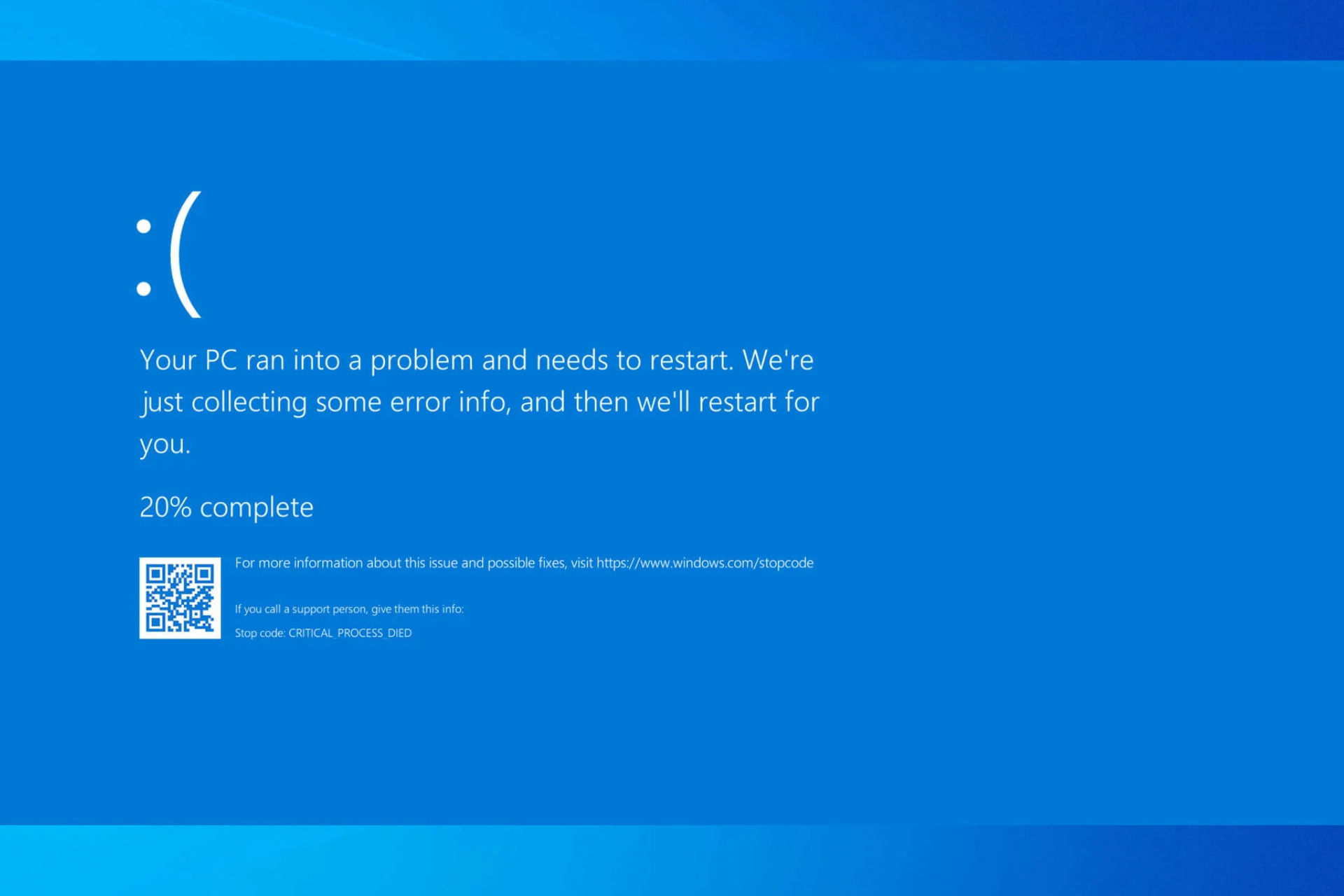
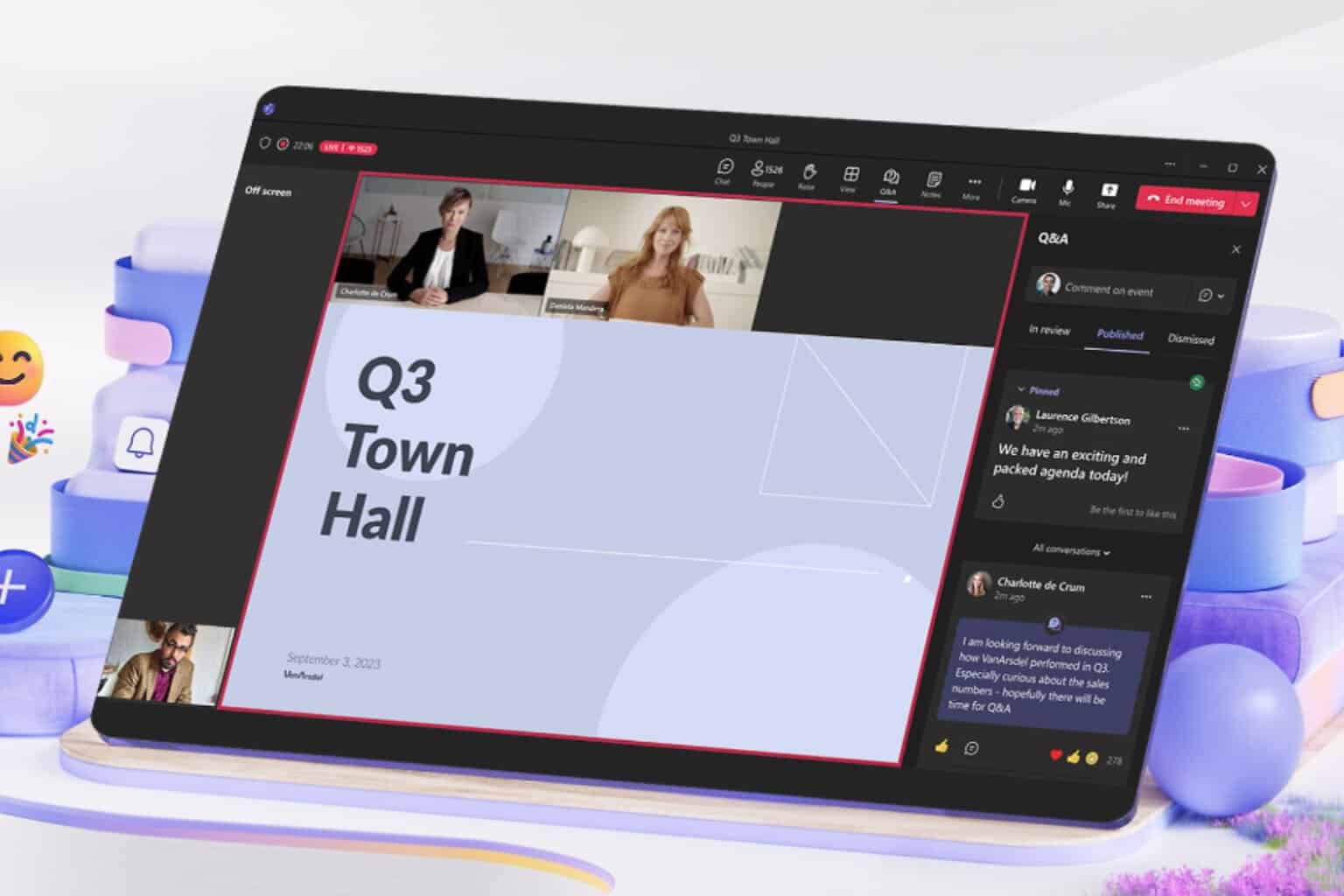




User forum
0 messages